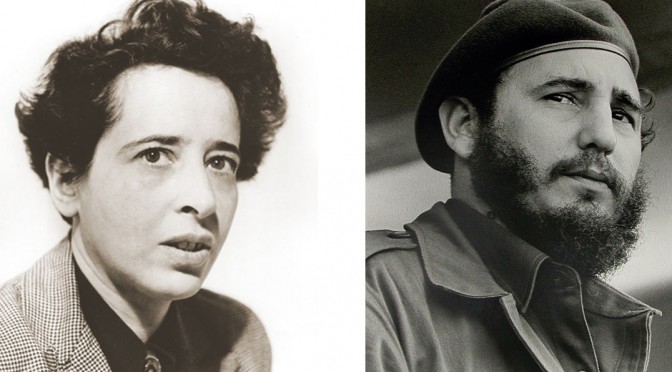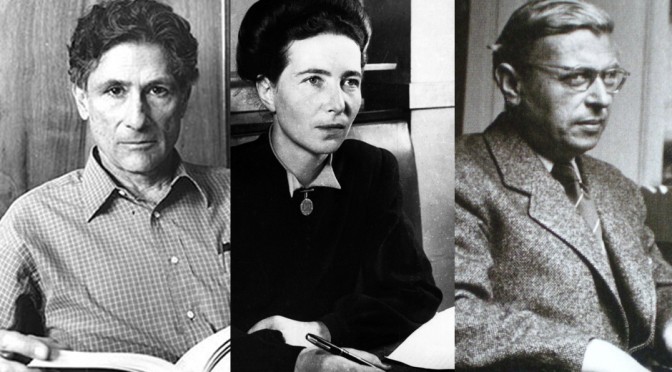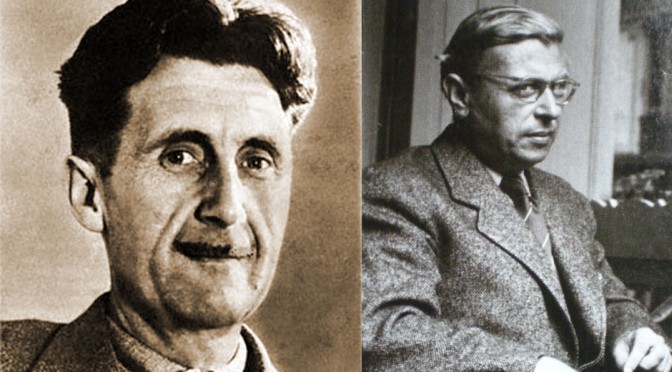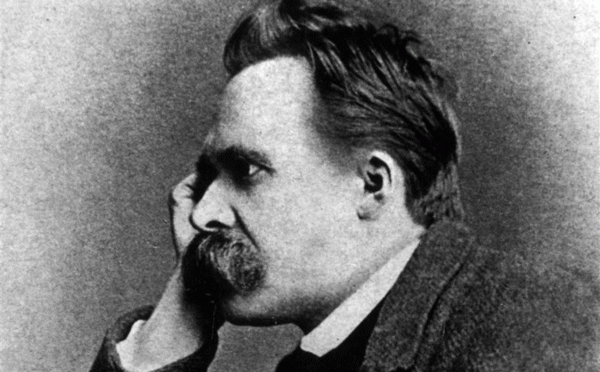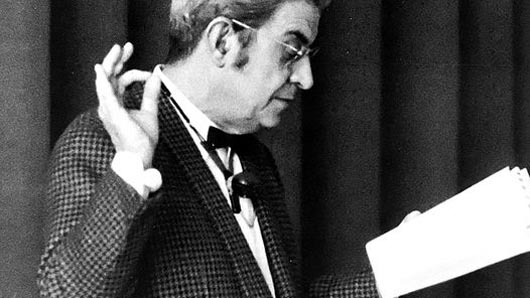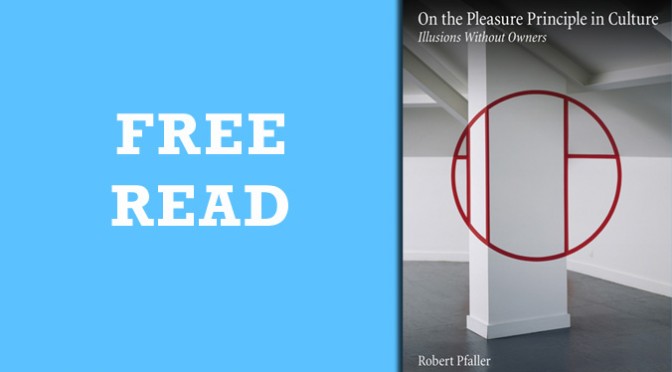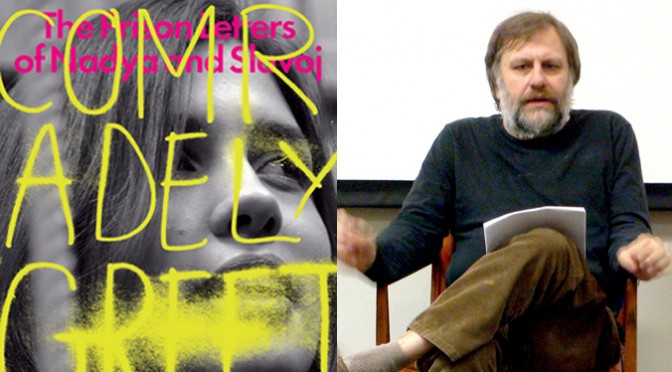In 1959, Princeton University hosted Fidel Castro, the prime minister of the newly formed Cuban government, for a conference entitled “The United States and the Revolutionary Spirit.”
Category Archives: Theory and Theorists
New Podcast by Zer0 Books Launched in August
Zer0 Books, a house run by John Hunt Publishing and that describes itself as “intellectual without being academic, popular without being populist,” has started a new podcast in conjunction with the philosophy podcast Diet Soap.
“A Bitter Disappointment,” Edward Said on His Encounter with Sartre, de Beauvoir and Foucault
In 1979, Edward Said was invited by Jean-Paul Sartre and Simone de Beauvoir to France for a conference on Middle East peace. It was in the wake of the Camp David Accords that ended the war between Egypt and Israel, that the author of “Orientalism” and ardent supporter of the Palestinian people, was invited to contribute with other prominent thinkers.
George Orwell Trolls Jean-Paul Sartre in 1948
“I have just had Sartre’s book on antisemitism, which you published, to review. I think Sartre is a bag of wind and I am going to give him a good boot.”
The Nihilisticle: Nietzsche’s 10 Rules for Writers
Before “37 Totally Awesome Lemurs,” before “23 Things Every Who Grew Up in [insert terrible hometown] Knows” and before everyone became obsessed with rules for writing according to revered authors, there was Friedrich Nietzsche and a simple listical he wrote to friend.
‘This so-called crisis. It does not exist’ – Jacques Lacan on Psychoanalysis in 1974
In this newly translated interview from 1974, Lacan speaks with Emilio Granzotto about psychoanalysis.
The Incredible Photography of Pierre Bourdieu
Bourdieu, who is often read for his work on the reproduction of social power through the education, was also a prolific photographer.
Hegel, Now Explained with Video Games
“Is There an END to History” by 8-Bit Philosophy
Free Read: Interpassivity: Fleeing from Enjoyment, and the Objective Illusion
In this excerpt from Robert Pfaller’s “On the Pleasure Principle in Culture: Illusions Without Owners,” the author discusses the functioning of interpassivity and enjoyment.
Comradely Greetings: The Prison Letters of Nadya and Zizek
“I cannot tell you how proud I am to be in contact with you. Your acts are well thought, and based on deep insights into how oppressive power works, how it has to rely on a hidden obscene agenda, violating its own rules.”

